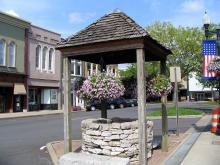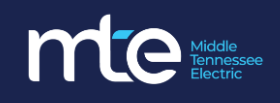‘Scrappy’ Island Munis Lead Charge For Affordable Broadband In Maine
Peppered by winding country roads and remote islands, Maine exemplifies the challenges in even deployment of affordable broadband. But thanks to tenacious island communities and forward-thinking state leadership, a growing roster of community-owned broadband networks are leading the charge toward affordable access in the Pine Tree State.
Peggy Schaffer, former executive director of the state of Maine's broadband mapping and expansion effort, ConnectMaine, has played a starring role in shoring up Maine’s broadband mapping data after years of federal dysfunction.
Schaffer’s well versed in the broad array of challenges faced by remote Maine communities, and says she’s long been impressed by the “scrappy” nature of Maine’s community-owned island deployments, which have faced down and overcome no limit of onerous challenges in an ongoing quest to finally bridge the state’s long standing digital divide.
Maine is currently ranked 49th in the U.S. in terms of resident access to gigabit-capable broadband service. Like so much of the country, the state is heavily dominated by regional monopolies that failed to uniformly deliver affordable, next-generation broadband, despite decades of federal subsidies, regulatory favors, and tax breaks.
Now local Maine communities are taking matters into their own hands, beginning with long-neglected island residents no stranger to unique logistical challenges.

‘It’s A Story Of Perseverance’




